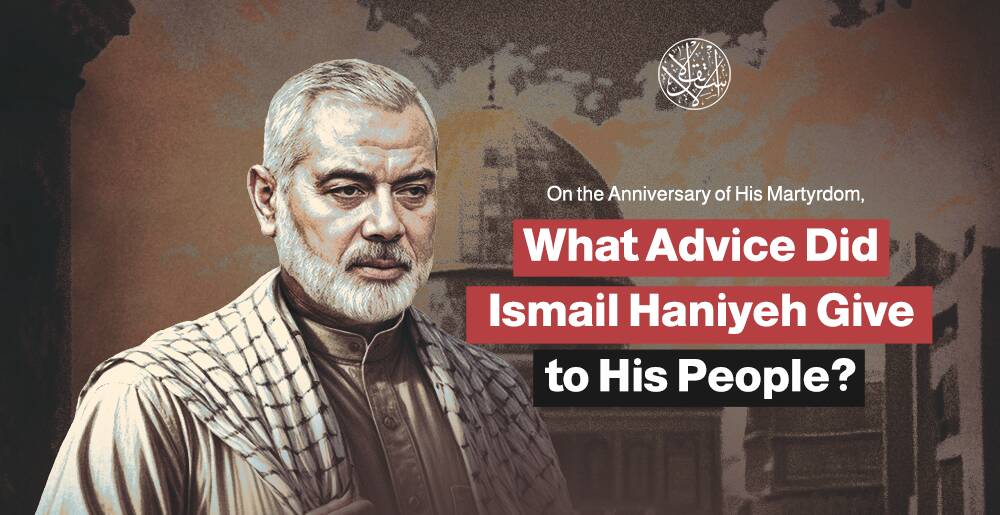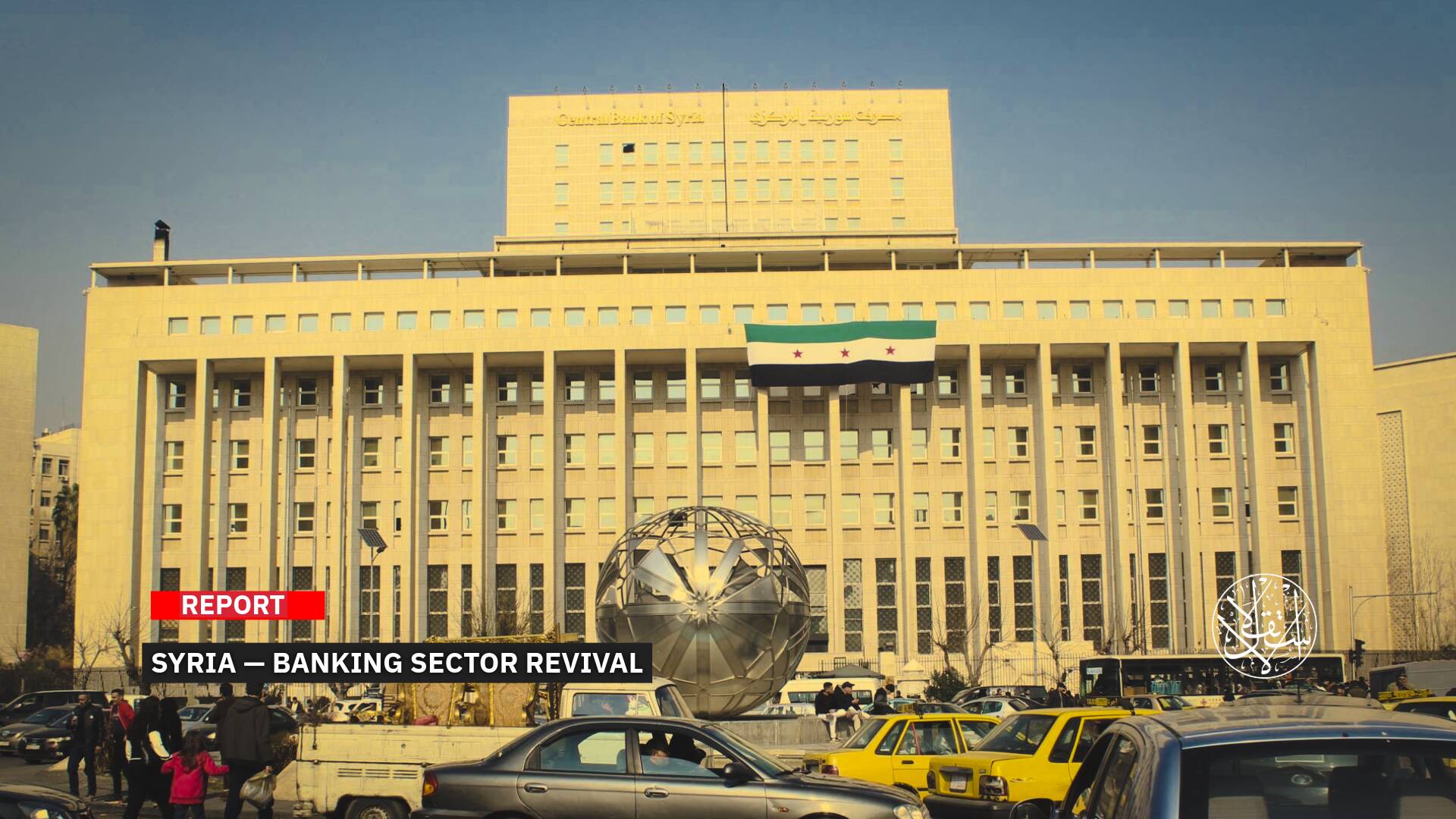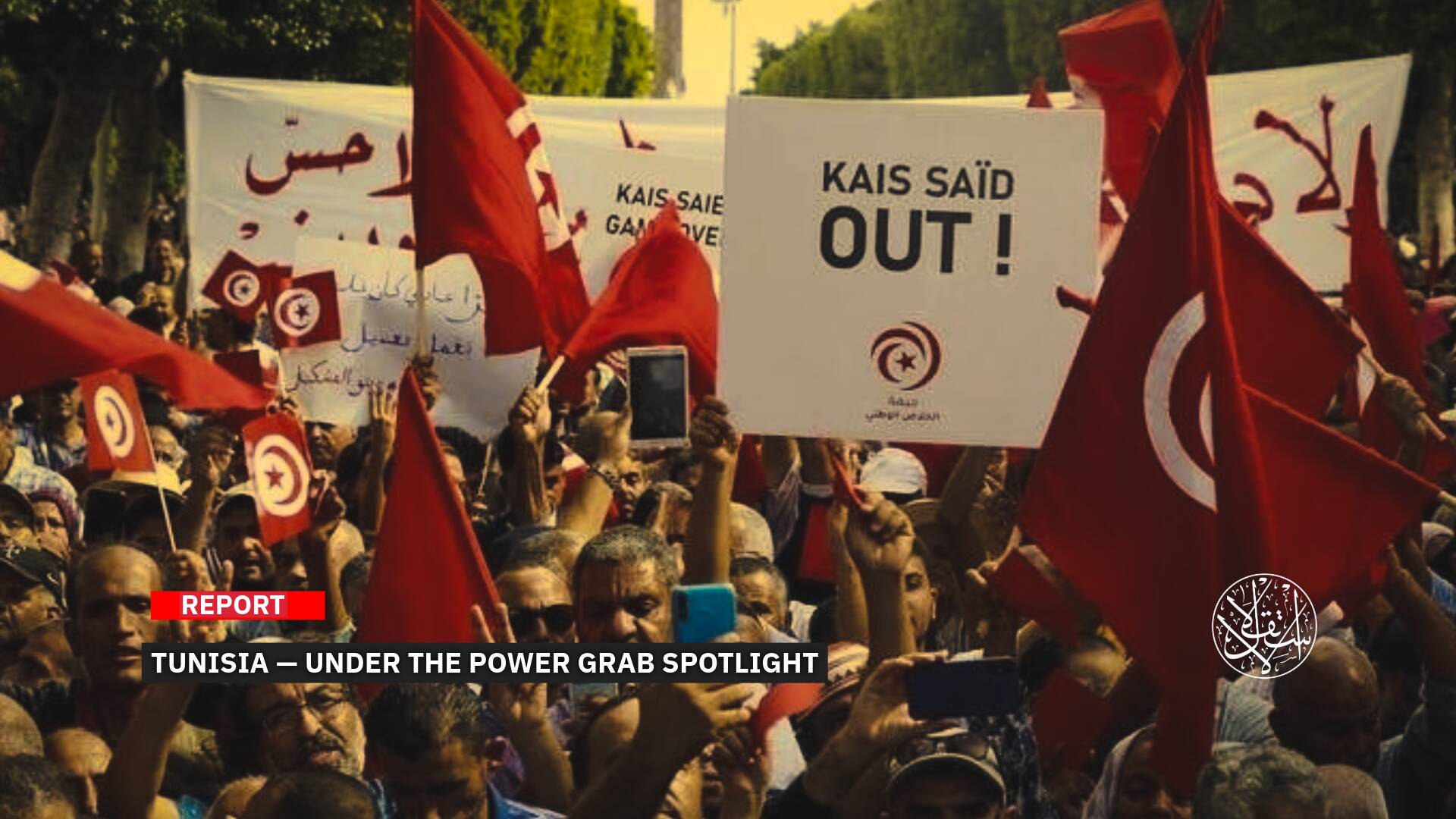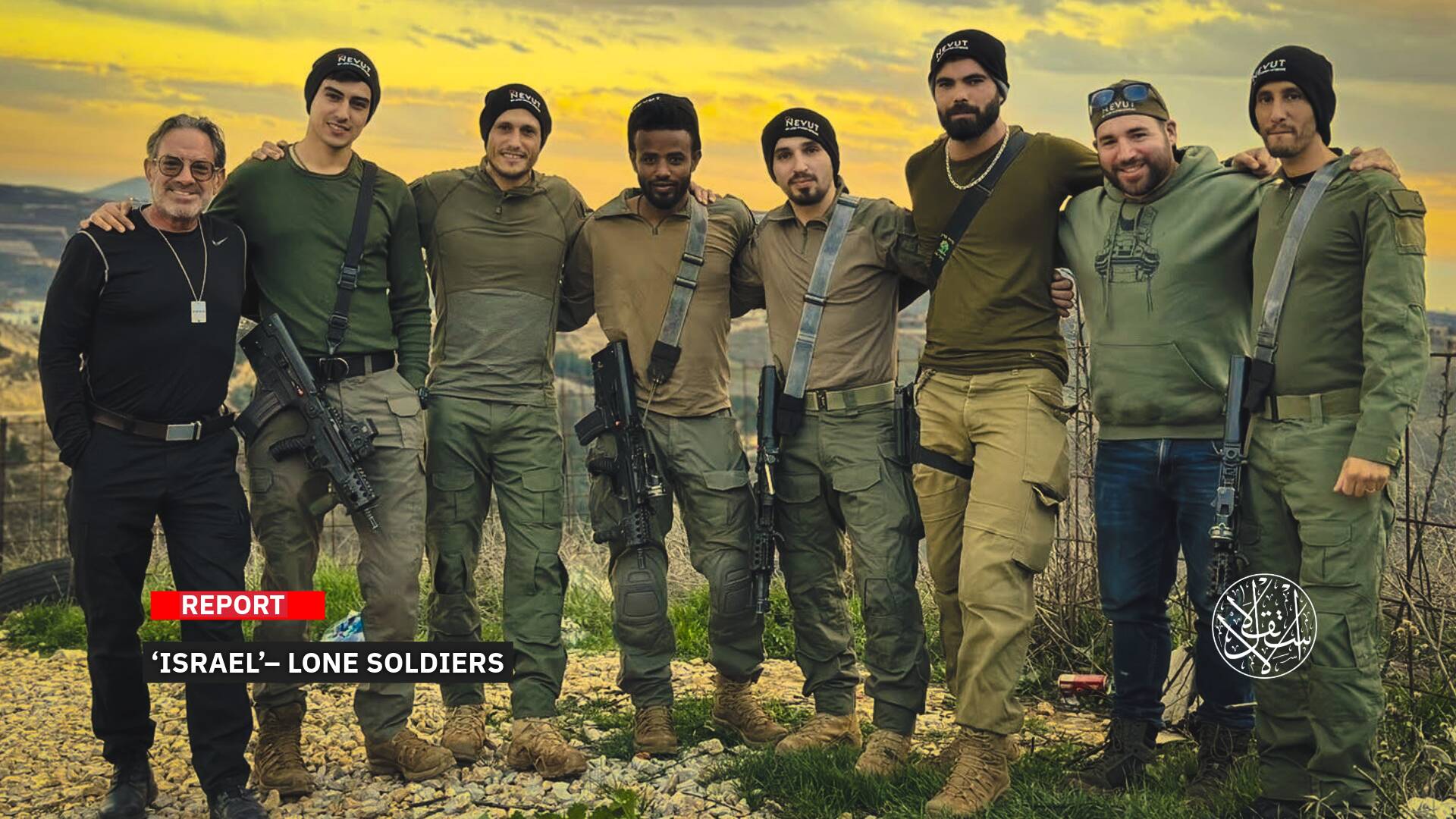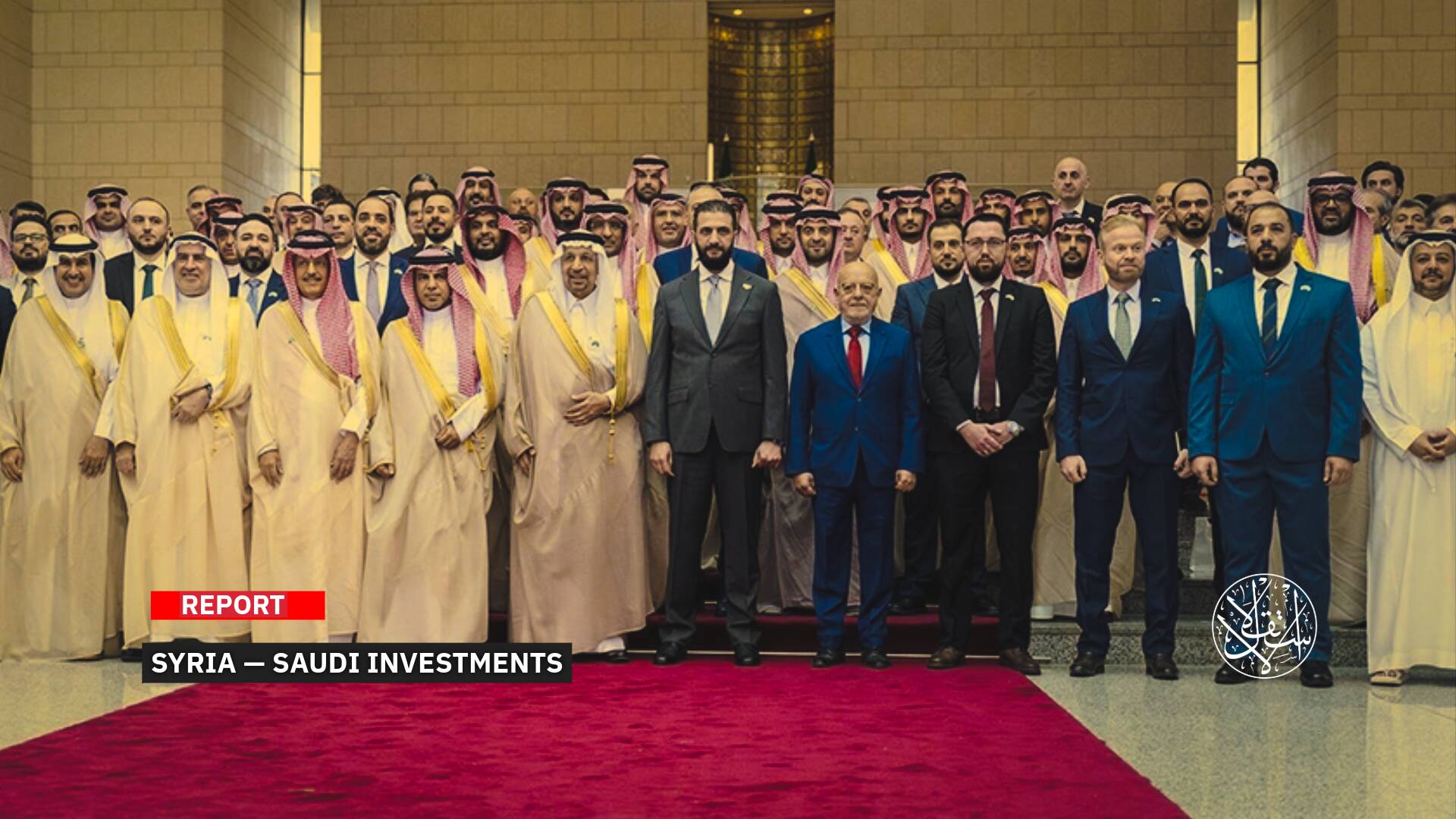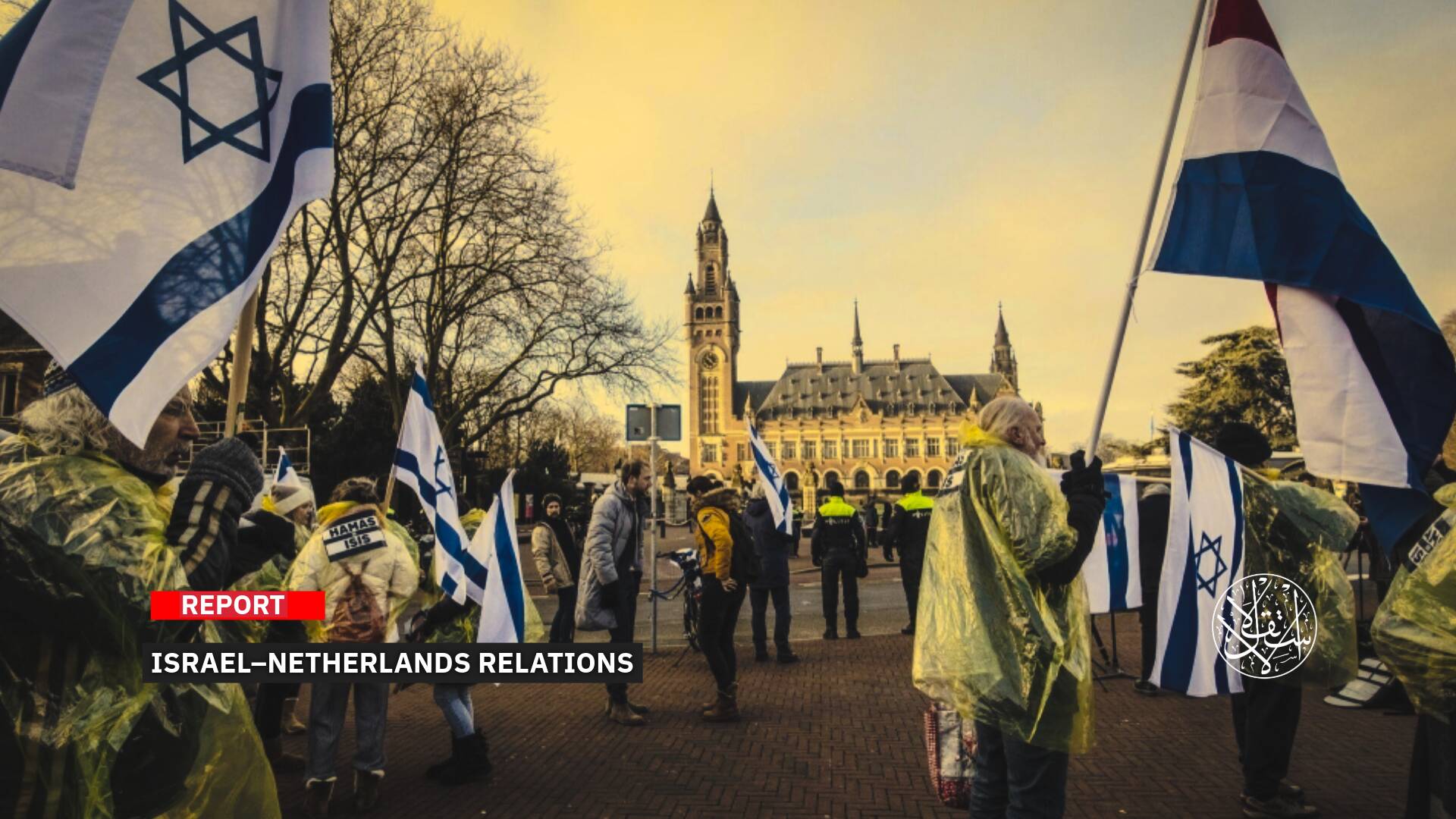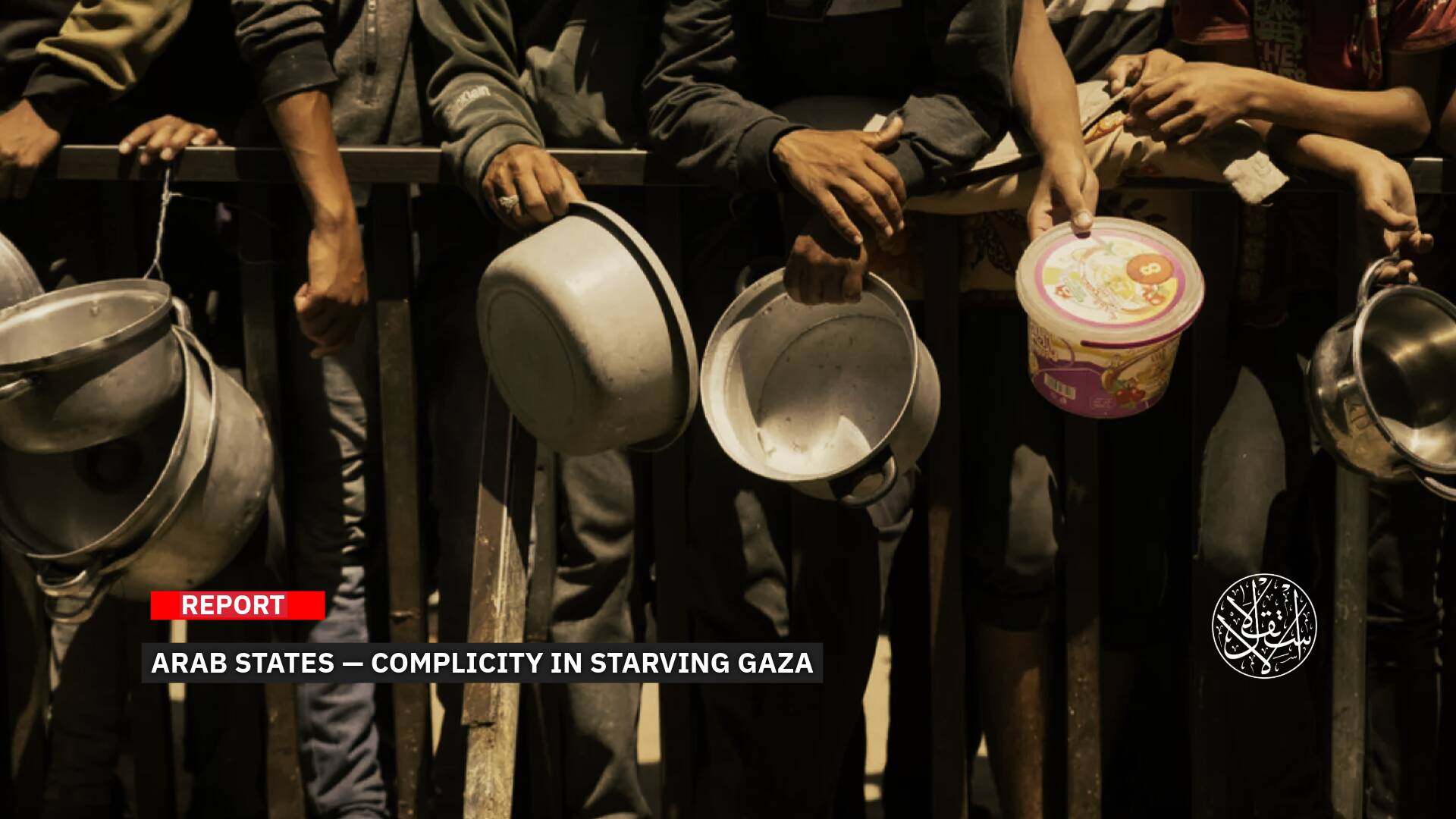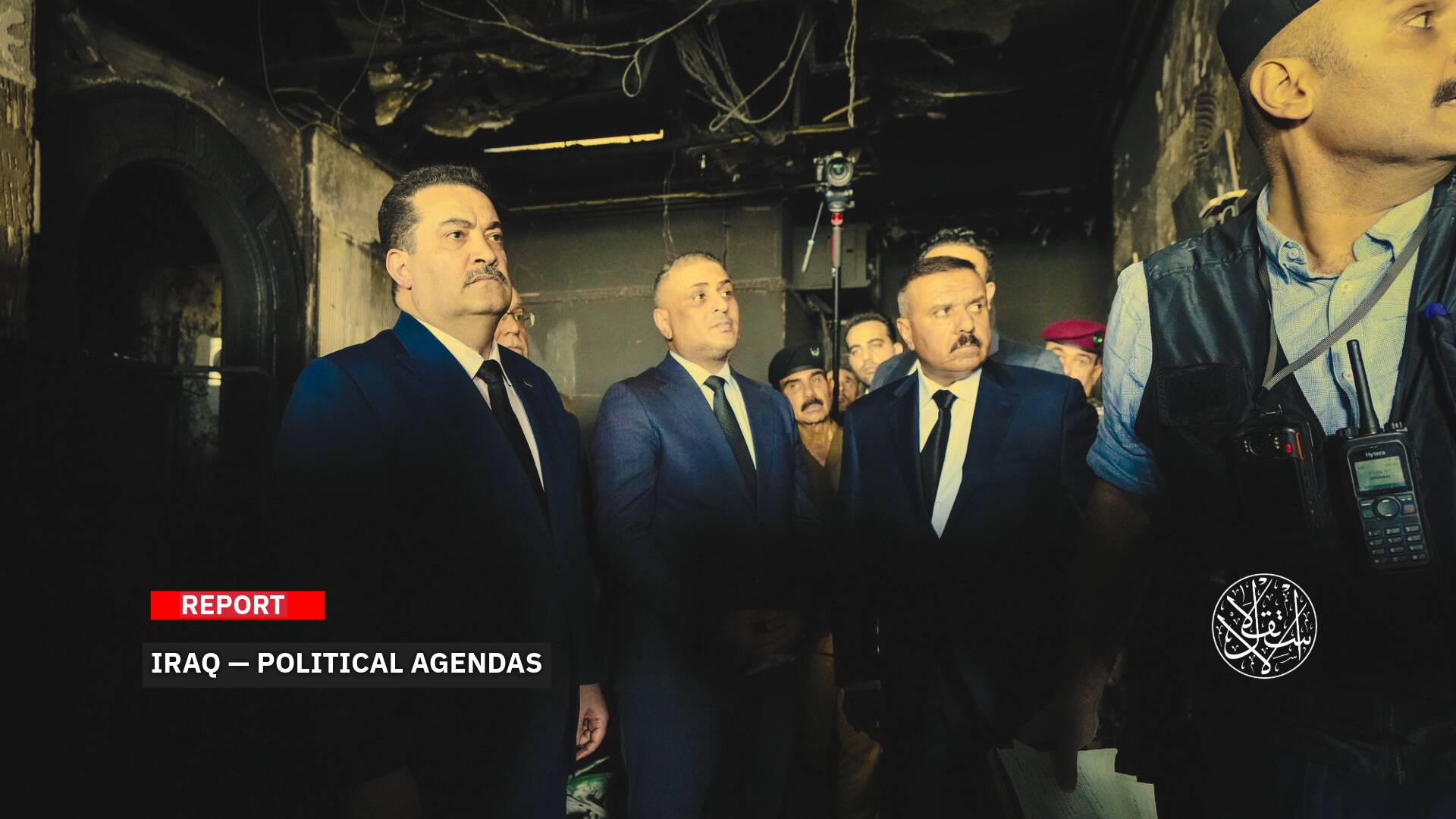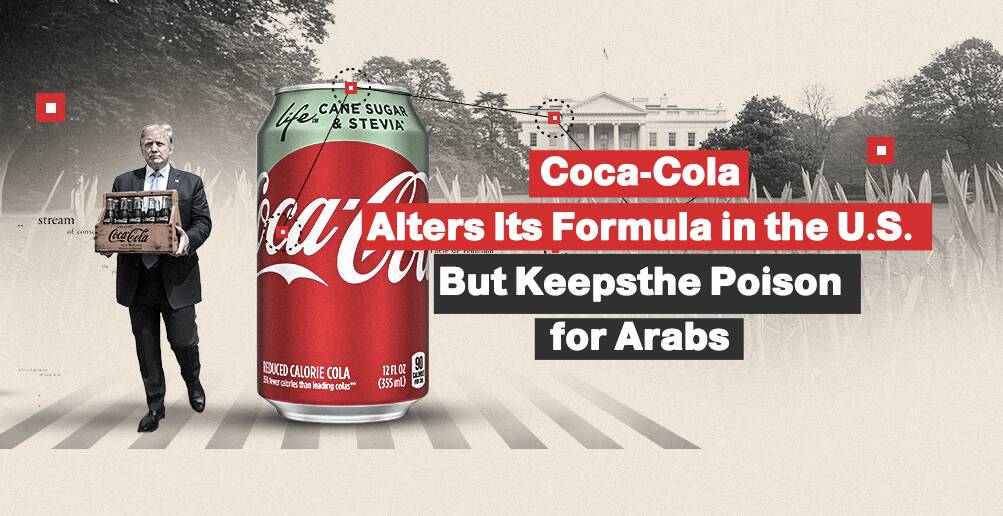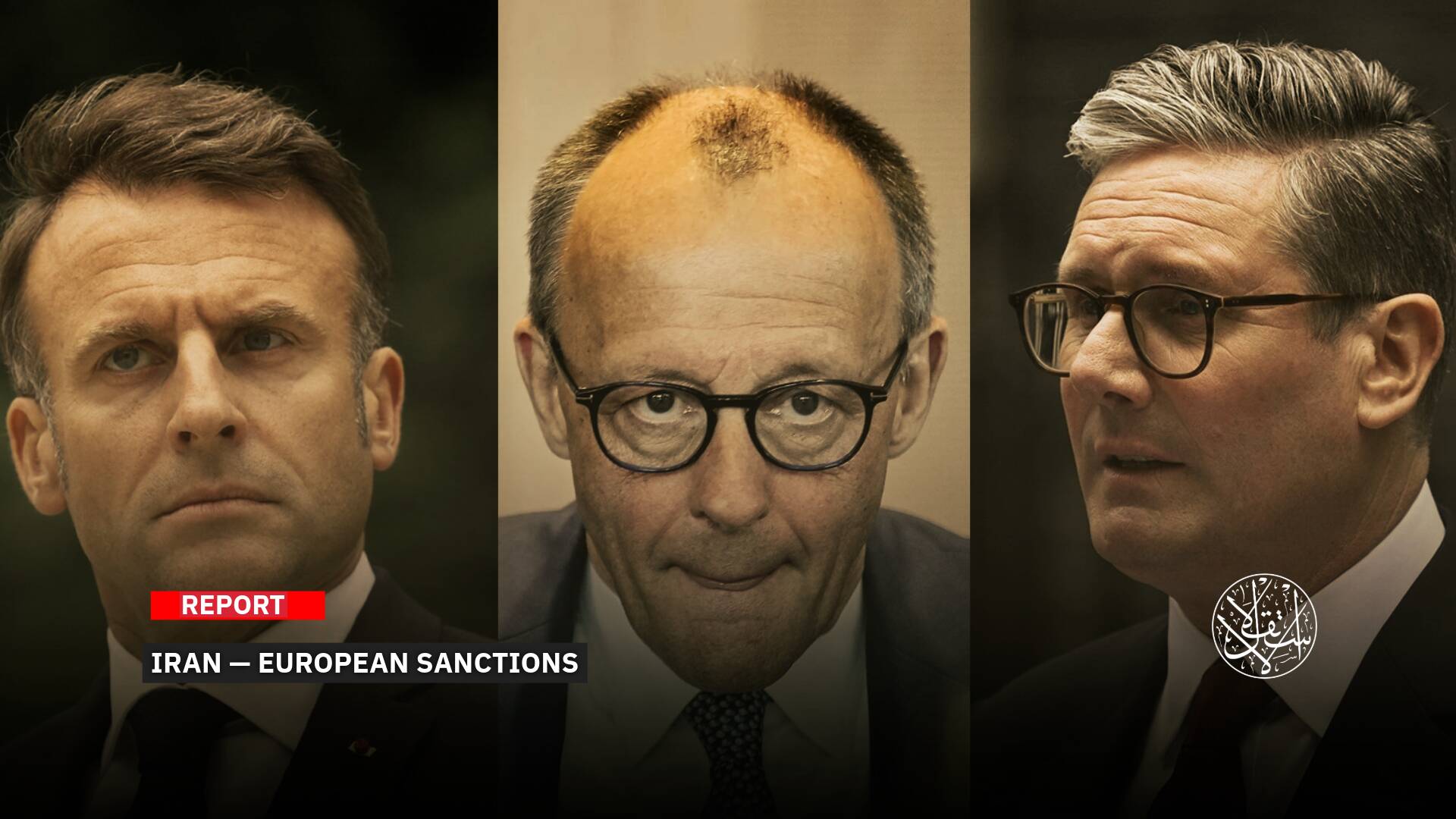Ceasefire in Gaza: What Impact Will It Have on the Escalation Between Hezbollah and ‘Israel’?

Hezbollah entered the conflict on October 8, a day after the launch of Operation al-Aqsa Flood.
Amid frequent discussions about the possibility of reaching an agreement to end the Israeli assault on Gaza, questions are being raised about Hezbollah’s potential involvement in the deal.
Hezbollah entered the conflict on October 8, 2023, one day after Hamas launched Operation al-Aqsa Flood.
With the assault on Gaza entering its ninth month and Hezbollah’s escalation against “Israel” displacing 60,000 settlers, can Western diplomatic efforts save Israel from the northern front?
Positions of the Two Parties
From the outset of the conflict, Hezbollah has linked any de-escalation to ending the Israeli assault on Gaza, a stance it has reiterated numerous times despite Western and American attempts to negotiate separate deals that exclude Lebanon from the equation.
Hezbollah’s Secretary-General, Hassan Nasrallah, stated that Hamas negotiates on behalf of itself, the factions, and the resistance axis, and that Hezbollah would accept whatever Hamas agrees upon.
In a speech on July 10, 2024, Nasrallah emphasized that the de-escalation on the northern front is tied to ending the Israeli war on Gaza.
In February 2024, Nasrallah said that "the southern Lebanese front is for pressuring, supporting, and participating in defeating and weakening the enemy until it halts the assault."
This position was supported by Hezbollah’s Deputy Secretary-General, Naim Qassem, on July 2, 2024, who said that the only assured way to achieve a ceasefire on the Lebanese-Israeli border is to end the assault on Gaza completely.
In an interview with the Associated Press in southern Beirut, Qassem indicated that if a ceasefire were to be established in Gaza, Hezbollah would cease its activities without question.
He added that Hezbollah’s participation in the war served as support for its ally Hamas, and if that ceases, the military support will no longer be present.
However, he noted that if “Israel” were to reduce its military operations without reaching a formal ceasefire agreement and complete withdrawal from Gaza, the impact on the border conflict between Lebanon and “Israel” would be less clear.
Qassem explained that if the situation in Gaza becomes a mix of fighting and no fighting, with neither a clear ceasefire nor a complete end to the conflict, Hezbollah’s reaction would be uncertain due to the unclear nature of the situation and its outcomes.
Hezbollah is coordinating with Hamas regarding the ceasefire and the escalation of strikes based on the evolving situation, as shown by their ongoing meetings and statements.
The latest development in this direction was Hamas informing Hezbollah of its approval of the broad outlines of the current ceasefire deal, which “Israel” has been reluctant to accept.
Reuters reported that Hezbollah’s Secretary-General, Hassan Nasrallah, welcomed this step during a meeting with a Hamas delegation led by Khalil al-Hayya in early July.

The other side has expressed contrary views regarding the settlement. Israeli War Minister Yoav Gallant has repeatedly stated, most recently on July 7, that a ceasefire in Gaza as part of a prisoner exchange deal does not imply a halt to hostilities on the northern front.
In response, Nasrallah said in earlier remarks, "If you do not want to stop the war with us, then welcome! If the enemy carries out its threats against us, it must realize that the hundred thousand settlers who left the north will not return."
"The enemy is not in a position to impose conditions on Lebanon; it is the one that is weak and in crisis. The political gains being flaunted to us from here and there will not affect us or make us stop the fighting."
"We are monitoring all developments in the region, and all possibilities are open. We are fighting in the south with our eyes on Gaza," he concluded.
Hezbollah daily announces attacks on Israeli military areas and positions, while the Israeli army responds with air and artillery strikes, claiming to target “infrastructure of the party and movements of fighters near the border.”
Diplomatic Moves
Iran and its regional allies have long warned that failing to halt the Israeli assault on Gaza would expand the conflict to other fronts.
However, the United States and Western parties have attempted to separate Lebanon and other fronts in Yemen and Iraq from the situation in Gaza.
These parties seek to de-escalate the northern front through diplomatic means, following Hezbollah’s rockets and drones that have displaced more than 60,000 settlers from several cities and towns.
On July 4, 2024, Haaretz reported that diplomatic efforts to prevent a full-scale war between “Israel” and Lebanon have continued, despite the fact that military clashes with Hezbollah are once again on the brink of escalation.
In this context, Naim Qassem met with Ole Diehl, Deputy Head of the German Federal Intelligence Service (BND), in early July. According to a Lebanese news website close to Hezbollah, the two sides discussed ways to prevent the war from escalating.
This meeting was the second held between Diehl and Qassem this year, despite Hezbollah being listed as a terrorist organization by Germany.
Haaretz notes that these meetings are generally assumed to be coordinated with the U.S. administration, which does not have direct contact with Hezbollah members.
Instead, U.S. discussions are conducted with Lebanese Parliament Speaker and Amal Movement leader Nabih Berri, who presents himself as a mediator for Hezbollah in negotiations.
Germany is not the only Western country maintaining direct contact with Hezbollah; French special envoy Jean-Yves Le Drian has held discussions with Hezbollah’s parliamentary bloc leader Mohammad Raad and met with him several times following the escalation.
French President Emmanuel Macron announced on June 13, 2024, the creation of a trilateral Israeli-French-American forum to achieve a ceasefire and prevent escalation on the Lebanese border.
The main diplomatic effort is led by U.S. envoy Amos Hochstein, who arrived in Paris on July 3 for talks with his French counterpart Le Drian.
According to Haaretz, the aim was to refine and coordinate plans to be presented later to the Israeli and Lebanese governments and to Hezbollah, assuming that recent Israeli assassinations of Hezbollah leaders would not derail these diplomatic efforts.
Nasrallah commented in February that “the visits of Western envoys to Lebanon have a single goal: to protect Israel and return settlers to the north.”
He noted that "these delegations do not address any issues related to the assault and crimes in Gaza; they adopt the Israeli position entirely and simply present it to Lebanon."
Failure to Divide
Haaretz explained that the assassination of senior Hezbollah leaders by “Israel” increasingly appears to be an alternative to achieving strategic goals or a calming measure intended to ease Israeli demands for a war in Lebanon to deal with Hezbollah “definitively.”
It pointed out that recent assassinations will not alter Hezbollah’s strategy, which conditions a ceasefire from Lebanon on ending the Israeli war on Gaza.
Some Lebanese already suggest that Hochstein’s diplomatic missions have “coincidentally” served as a comprehensive map predicting Israeli assassinations of Hezbollah leaders, according to Haaretz.
The assassination of senior field commander Mohammad Nasser occurred on the same day that Hochstein arrived in Paris.
Hochstein’s last visit to Lebanon on June 17 came about a week after the assassination of Hezbollah leader Taleb Sami Abdullah.
In January, Hochstein arrived in Lebanon three days after the assassination of Hezbollah leader Wissam al-Tawil.
This visit also followed the assassination of Saleh al-Arouri, deputy head of Hamas’s political bureau, in Beirut about a week earlier.
Conversely, it was no coincidence that the newspaper al-Akhbar published leaks from Hochstein's conversations with Nabih Berri about the envoy's previous visit to Lebanon, just before Hochstein's trip to Paris.

Discussions reveal that Hochstein clearly understands that there is no possibility of reaching a settlement on the (Israeli-Lebanese) border before the war in Gaza ends.
These messages make it clear to everyone that Hezbollah is the only group that can determine whether a full-scale war will occur, and that the organization is effectively managing negotiations with the United States, according to Haaretz.
Notably, the leaks do not mention the threats Hochstein has made regarding the expected consequences of a full-scale war on Lebanon and the extent of damage and destruction it would cause.
Political and media circles in both “Israel” and Lebanon confirm that neither side has an interest in being dragged into a full-scale war.
However, Haaretz notes that the link Hezbollah has established with Gaza now places the greater burden of deciding whether such a war will erupt on “Israel,” rather than on Lebanon.
‘It Does Not Want a Deal’
Regarding the current linkage, Palestinian political analyst based in Lebanon, Abd Alrahman Nassar, told Al-Estiklal, “It is natural that ending the aggression on Gaza means ending the escalation on the northern front.”
“Israel wants the war to end more than Lebanon does, because Hezbollah is controlling the pace of strikes, unlike the situation during the first three months of Operation al-Aqsa Flood.”
“At that time, there was a back-and-forth of strikes and an Israeli intention to attack. However, after becoming further entrenched in Gaza and exhausting the occupation forces, the Israelis no longer have a real capacity, at least for escalation on the ground with Lebanon,” he added.
Nassar believes that “Israel” will stop its strikes on Lebanon if Hezbollah ceases its escalation, whether or not the aggression on Gaza ends.
“Hezbollah declared from the beginning that it would not stop until the aggression on Gaza ends, a step that was not perceived as significant because the war was extensive at the time.”
“It was a smart move. If there had been no escalation from Lebanon, Yemen, and Iraq, the Israelis would have been much more comfortable in Gaza.”
Nassar points out that the other fronts—Lebanon, Yemen, and Iraq—are currently pressing the Israeli Occupation, despite its invasion of Gaza and the destruction it has caused.
He explains that “Hezbollah is not engaging in a political game to achieve gains related to pushing Israelis away from the border or stopping aerial incursions over Lebanon because “Israel” does not adhere to agreements.”
He noted that Hezbollah is not seeking to sign a deal because it is not interested in it; rather, it wants to end the war on Gaza and ensure that Hamas does not emerge defeated or broken.
According to Nassar, a defeat of Hamas would mean the beginning of strikes against the Resistance Axis in the entire region.
Thus, Hezbollah has made ending the war on terms acceptable to the Palestinian resistance a fundamental condition for de-escalation on the Lebanese front.
“Hezbollah initiated the activation of a supporting front on October 8 for several reasons, including not wanting Palestinians to feel isolated and abandoned,” Nassar added.
Another reason is that Hezbollah’s silence would send a negative signal of fear and weakness, which might lead “Israel” to launch a fierce and sudden attack. “Therefore, it was necessary to open the front to send a message that the party is ready,” he confirmed.
Nasrallah confirmed this on June 19, stating that he does not fear entering a war with “Israel,” given the increased pace of border fire exchanges between the sides.
He added in a televised speech that if a war is imposed on Lebanon, Hezbollah fighters will engage in it without “rules or limits,” and hinted that “the resistance entering the Galilee remains an option if the confrontation escalates.”
“The threat of war over the past eight months does not scare us. We, as a resistance, have prepared ourselves for the worst days.”
Nasrallah stressed that if war breaks out, “no place in Israel will remain safe” from “our missiles and drones.”
Sources
- Nasrallah: The Lebanese front will not calm down unless the war on the Gaza Strip stops, and this is a national duty [Arabic]
- Analysis | Efforts to Soothe Lebanon Turmoil Persist Even as Israel Assassinates Hezbollah's Top Commanders
- Hassan Nasrallah: We are not afraid of war and we warn Cyprus if Israel uses its airports [Arabic]
- Report: “Hamas informed Hezbollah that it had agreed to an agreement that would lead to a ceasefire in Gaza.” [Arabic]


